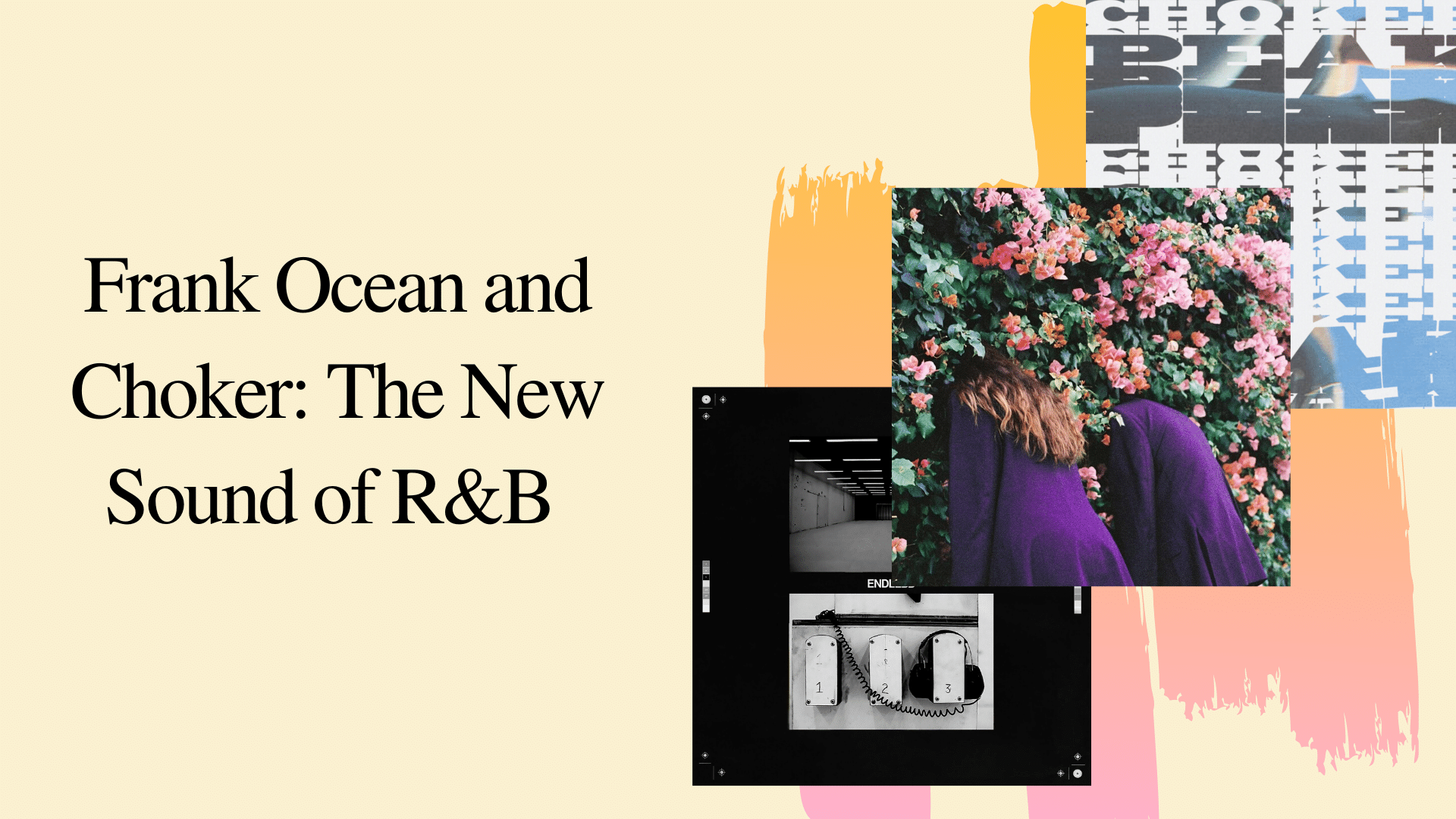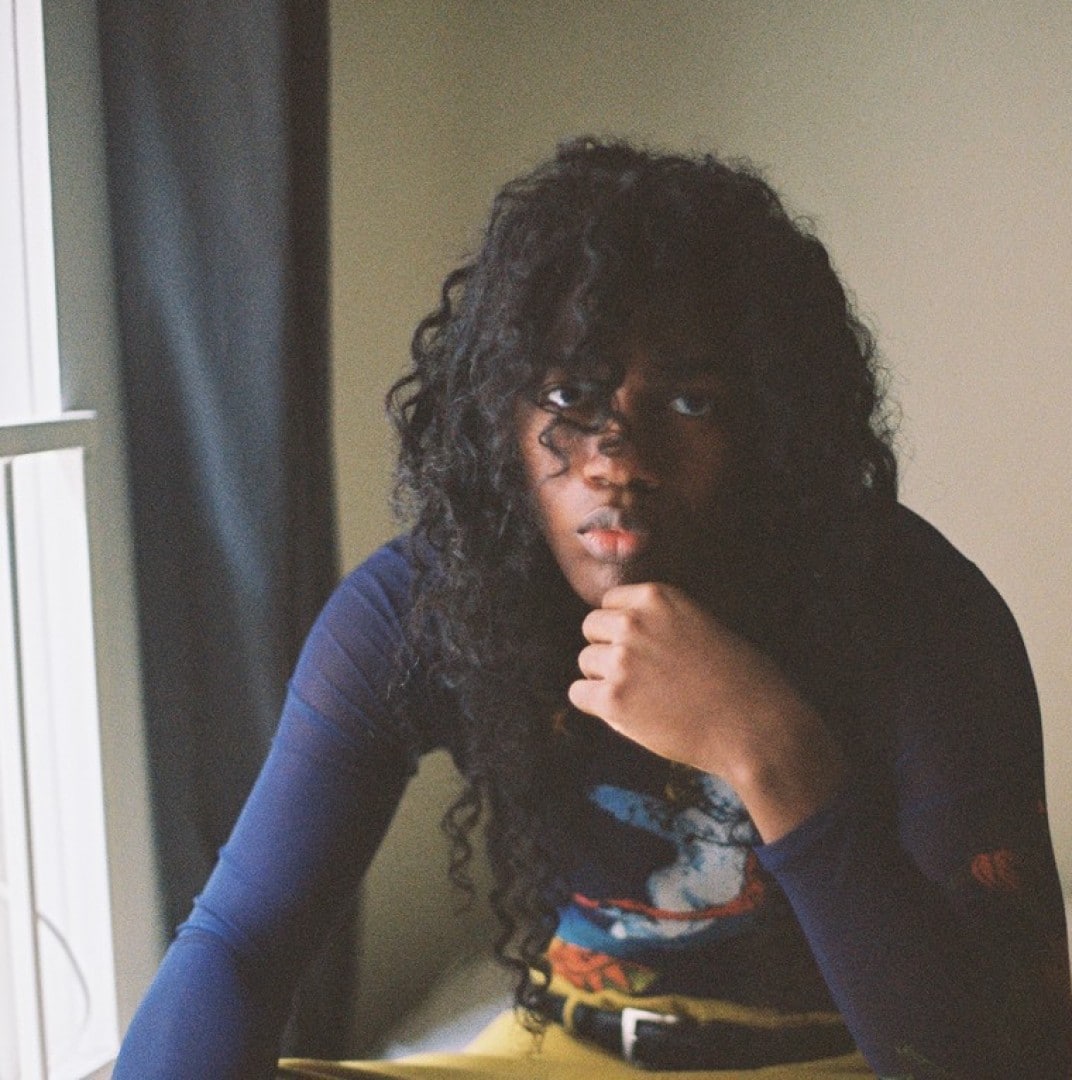Αs the decade comes to a close, it’s safe to say that any music enthusiast having dipped their toes in the lush and powerful river that is hip hop and R&B has at least heard the now iconic name Frank Ocean.
Née Christopher Edwin Breaux, Ocean unquestionably dominated the past nine years in popular music while almost always remaining perched in a mystique he spent the same nine years cultivating. With the 20’s now upon us, Ocean’s name graced several music publications’ best-of-the-decade lists in 2019, most notably Pitchfork naming Ocean’s 2016 release Blonde as their album of the decade. Across his work, Ocean put us back in touch with the beauty of our sensitivities, put feelings we didn’t think were capable of description over breathtaking soundscapes, and gave us music so rawly personal that listening felt borderline voyeuristic. However, I feel Frank Ocean’s most fascinating contribution to the soundtrack of the 2010’s has still gone unsung: the influence that Blonde & its companion album Endless had on those who will one day be considered Ocean’s peers by the subtle birth of a post-modern R&B sound, which I’ll dub ‘Post-R&B’.
Is Frank Ocean’s signature sound truly unique to him or rather is it a glimpse into the genesis and future of a genre?
Artists today are not shy whatsoever about citing Ocean as an influence; some practically wearing his influence as a badge of honour. However, I’ve found that several musicians have taken more inspiration than others from the Frank Ocean aesthetic and not to a fault. Among them is Kevin Abstract (of BROCKHAMPTON), Tierra Whack, Jean Dawson, SZA, Steve Lacy, Jean Deaux, Mereba, Daniel Caesar, and last and most importantly, Choker. All of these artists have on at least one or more projects emulated the atmosphere that Ocean has carefully crafted throughout his discography. The characteristics these project share, and that I believe to be the foundations which post-R&B sits upon, are as follows: the laying bare of oneself through self-awareness and introspection, a generally somber air and alluring melancholy, the manipulation and/or the total abandonment of traditional song structure, atypical styles of production and composition, and the fluid blending of traditional R&B vocals and rap. Besides Ocean, these criteria are no better exemplified than by Michigan native/L.A based musician Choker, an artist I believe to have an entire career based on this post-R&B sound.
Choker released his first project Die Slow, in 2015. Die Slow is an amateurish, rough cut mixtape Choker has now divorced himself from, although the project still houses plenty of intrigue coming from the then 19-year-old musician. Die Slow was followed in 2017 by Choker’s debut album PEAK, then his sophomore album Honeybloom in 2018. Choker closed out his decade with his Filling Space series of EPs (Mono No Moto, Dog Candy, and Forever & A Few) early in 2019.
I was personally introduced to Choker through Independent’s article “‘Peak’ by Choker is like if Frank Ocean’s ‘Blonde’ and ‘Endless’ release had been a trio” by Christopher Hooton and I became enamoured with PEAK instantly. With its intoxicating yet tender production, Choker bounces with flawless grace across this project, perfectly executing design after design like an adolescent architect on an Adderall tear. The writing, however, is still the star on any Choker project. From casually broaching him and his partner’s opinions on religious iconography and philosophy (“We spoke of Cain and moksha/I said that’s two different books/She said it’s all the same laws”), to describing this lover’s form as if bending the horizon to its will, or equating his struggle with depression overwhelming his own honed wisdom with the line: “astral projecting just so I can f**k on the daughter of death” on his track “Diorama”.
Countless other poetic riddles aside, Choker’s manipulation of song structure is something of the abstract, usually abandoning traditional composition that R&B has rested upon for decades. The aforementioned “Diorama” for instance, rather than following verse-chorus-verse-chorus-outro, showcases an antipattern of intro-three consecutive versus-pre-chorus-bridge-verse-outro. It’s clear Choker’s artistry is a reckoning, and I would nearly put his craft on tier with that of Frank Ocean’s, save for several years of experience. But frankly, part of me is worried this facet of Choker’s repertoire won’t be included in his work long enough to be polished by said experience.
At the beginning of 2019, Choker debuted his Filling Space series, a modest trio of EPs, each only sporting three tracks, released weekly for three weeks. These projects show Choker splaying his brilliant dexterity across a multitude of subgenres, such as electro-dance, neo-soul, and bedroom-pop, all while keeping the post-R&B flavour intact. Many found Filling Space to be Choker moving in the direction of finally cultivating a sound unique to him, but I however find this assessment a tad problematic. The first several years of Choker’s career unfortunately had him meeting more harsh criticism than respect or recognition for one painfully repetitive and embittering reason: he sounds too much like Frank Ocean. Personally, I find it infuriating, reductive, and obnoxiously dismissive to write off any artist at even a mere whiff of derivativeness. Anthony Fantano of The Needle Drop went so far as to say: “I feel Choker has a lot of good things going on, a lot of potential, but it cannot just be slightly more experimental Frank Ocean worship.” Most shared Fantano’s sentiment, noses upturned. Also, it’s worthy to note how ridiculous this argument is considering the comparison is being made to Ocean specifically; an artist whose output is infamously small.
Aside from sharing an atmosphere and a genre, there is much stylistically setting Choker and Ocean apart. For example, their use of drums; Ocean’s being sparse and carefully limited, while Choker’s bold and carefree, often using a bass drum in place of a string instrument. The two have completely different approaches lyrically as well. Ocean generally writes drawing from a life vigorously lived, dwelling on its highs and lows, with a goal of better understanding himself and those he’s loved or been loved by. He traces out his being as it currently exists while readying for its inevitable expansion and hoping he and his listeners can learn from his often painfully relatable journey.
On the other hand, Choker writes from experience so rarely that when he does you find yourself instantly absorbed as he tours you through these carefully chosen moments. Choker’s lyrics are preoccupied with the existential as he tackles questions of life, human nature and the beauty of living at the mysterious whims of existence. Most of his writing comes off as enigmatic riddles, whose answers might seem to evade Choker himself, but he never lets that rob him of the therapeutic satisfaction of posing them. Bare in mind this is coming from a 23-year-old, whose career has essentially only spanned three years, and whose burgeoning talent is far from its climax.
On the eighth track of PEAK, titled “Tape: Side B”, Choker opens with voice clips of him giving an aloof soliloquy, seemingly alone in his studio, as he records the start of the song. He swears to himself, jokingly feigning frustration, and proceeds to decide on what drums to put on the track as the production picks up in the background and the song begins. Choker makes no effort to hide how much he loves the creative process and the freedom it grants to explore areas of the self you wouldn’t be able to otherwise and then sending your findings into the world hoping others love it as much as you do. So I can’t imagine how disheartening it must be to put an extreme amount of care into decorating a piece of yourself for others, only to receive jeers and to be smeared with a label of unoriginality. This kind of dismissal can and has paralyzed countless aspiring artists into the purgatory of wanting to be an artist but never taking the first steps due to the fear of such an intense rejection.
I see a lot of comparisons to be made between the rise of Choker and Post-R&B and Shoegaze, a subgenre of rock that emerged in the late 1980’s. Sometimes looked at being the middle child between Noise Rock and Dream Pop, the genre’s popularization in the early 90s is often attributed to the band My Bloody Valentine and has been made iconic by its ethereal, wall-of-sound approach and embrace of emotion. However, the term “shoegaze” itself was originally meant to be pejorative to the artists: critics used the term to mock how shoegaze guitarists would spend whole sets staring at their shoes as they meticulously operated an array of effects pedals. Many critics believed this broke the cornerstone of charisma which rock music was supposedly built on, but most shoegaze musicians took the term in stride, in fact the scene was so woven with a sense of community it was occasionally referred to as “The Scene That Celebrates Itself”. The press’s negativity didn’t break shoegaze’s momentum, and instead gave dozens of bands and musicians a name and flag to wave as they cultivated what is now looked at as being one of the most acclaimed genres of the late 20th century. My anxiety is that Post-R&B won’t necessarily get that chance to flourish if as soon as an artist like Choker reaches the zenith of what the genre is supposed to be, they’ll be ridiculed for being a copycat. As long as we continue to be overtly dismissive of intriguing and profound art without providing space for the artists to grow, nobody wins.










